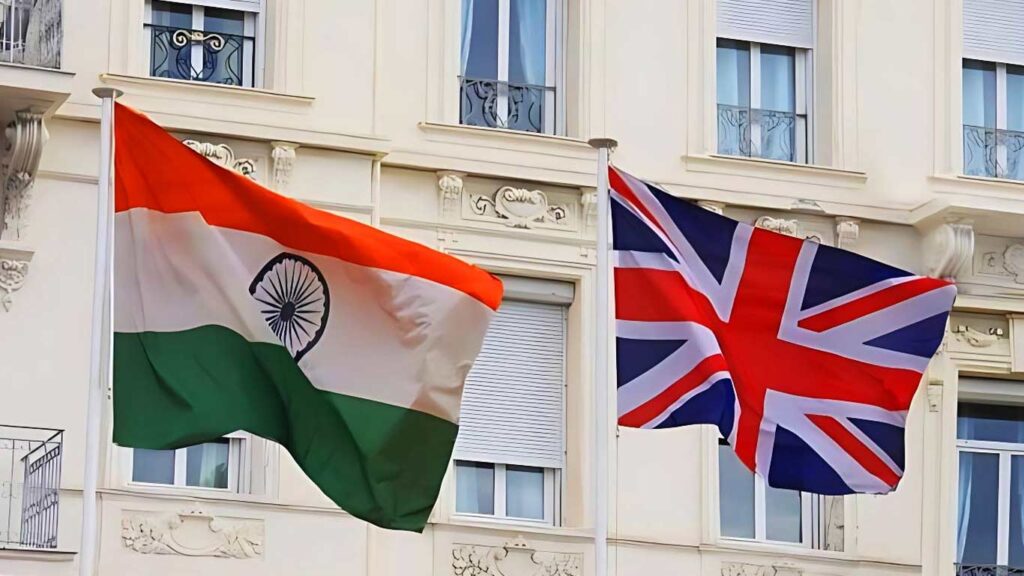New Delhi, May 8 (KNN) A recent report by the Global Trade Research Initiative (GTRI) urges India to exercise extreme caution in implementing the Government Procurement (GP) chapter of its newly concluded Free Trade Agreement (FTA) with the United Kingdom.
The report emphasises significant risks to domestic industries, particularly Micro, Small and Medium Enterprises (MSMEs), as they face increased competition from foreign entities.
India’s government procurement market is substantial, valued at approximately USD 600 billion annually, representing about 15 percent of the nation’s GDP.
This extensive public spending supports critical sectors including infrastructure, healthcare, education, transport, power, and defence.
Beyond merely facilitating public expenditure, government procurement serves as a strategic policy instrument to foster local manufacturing, enhance MSME capabilities, and advance national initiatives such as ‘Make in India’ and ‘Atmanirbhar Bharat.’
Unlike many developed nations, India has strategically chosen not to join the World Trade Organisation’s Government Procurement Agreement (GPA), thereby preserving its policy flexibility to prioritise domestic firms.
Current regulations reserve 25 percent of all government procurement in India for MSMEs, with specific quotas allocated to enterprises owned by women and those operated by individuals from Scheduled Castes and Scheduled Tribes.
However, India now faces mounting pressure from trading partners, notably the UK and European Union, to liberalise its government procurement market.
This pressure has resulted in a significant policy shift within the India-UK FTA, which incorporates a comprehensive GP chapter.
Under this agreement, India has consented to allow UK companies to participate in central government tenders.
Notably, firms with merely 20 percent UK content will qualify as ‘Class 2 Local Suppliers’ within the Make in India framework—a designation previously reserved for Indian firms with substantially higher domestic content requirements.
The GTRI report cautions that granting UK companies near-equivalent access to government contracts could potentially marginalise Indian MSMEs, which heavily depend on protected government procurement opportunities for their sustainability.
Furthermore, such concessions might undermine one of India’s few remaining industrial policy mechanisms used to stimulate domestic production, innovation, and employment.
As a protective measure, GTRI recommends that India exclude strategic sectors—including defence, railways, and core infrastructure—from foreign access to safeguard national interests and support domestic industry development.
(KNN Bureau)









